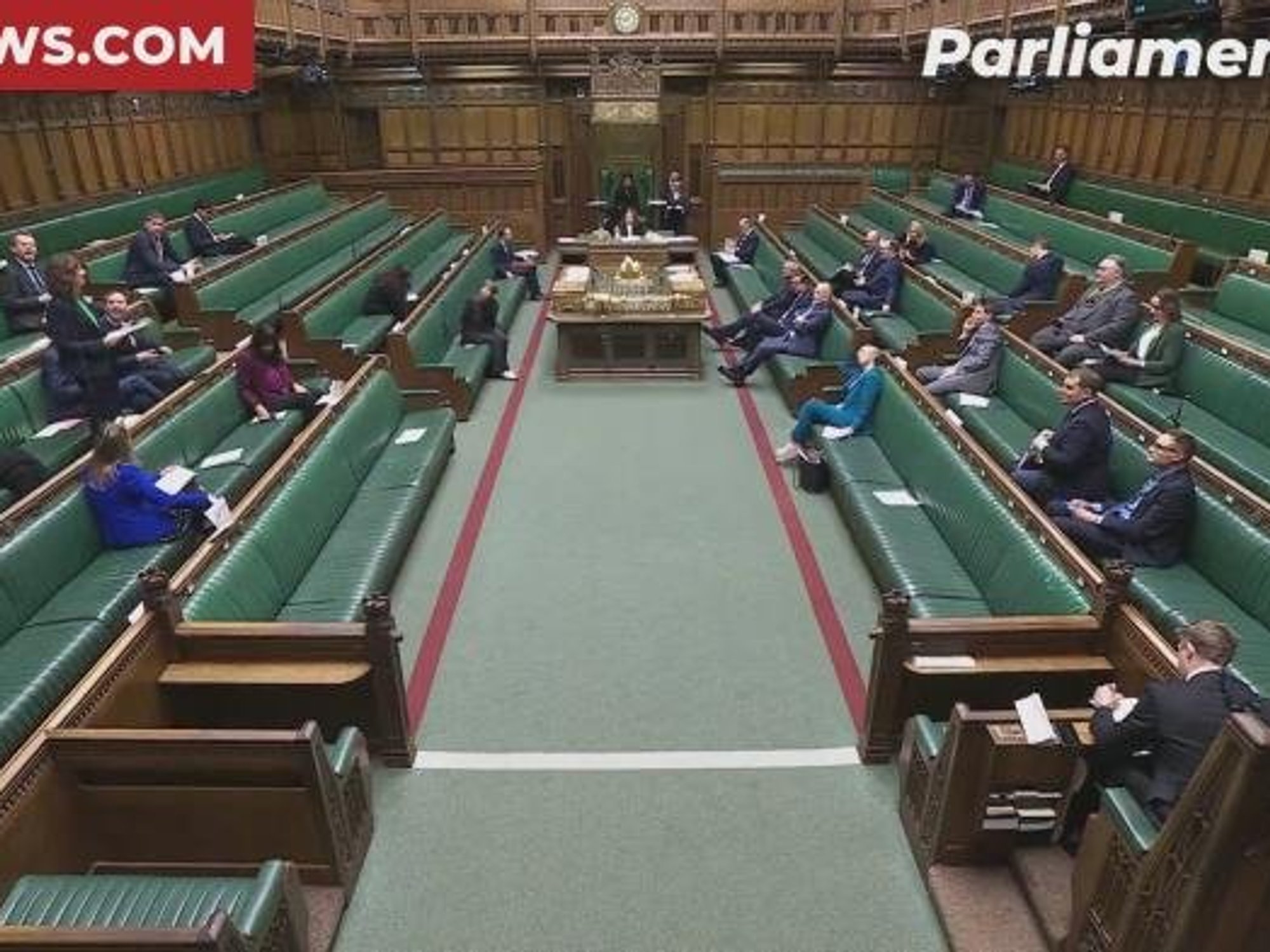Inheritance tax: 7 year rule explained as thousands fall foul and hit with 'unexpected bill'

Gifting is a great tool to lower ones inheritance tax bill
| GETTY
Gifting is a great tool to lower ones inheritance tax bill but done wrong can end up costing thousands extra
Don't Miss
Most Read
Latest
Thousands of families are being hit with "unexpected" inheritance tax bills because they are falling short of the seven-year rule, official figures show.
The seven-year rule applies to any gifts that are above an individual's annual gifting allowance.
The inheritance tax seven-year rule is designed to encourage people to make gifts or transfer assets during their lifetime, rather than waiting until they die and potentially incurring larger tax liability for loved ones.
Britons are often told by experts that they will have to take action and plan ahead if they want to avoid leaving their loved ones with an unexpected tax bill once they die.
In 2020-21, 1,300 families were forced to pay death duties on cash or property they had received from a loved one, according to a Freedom of Information request.
The gifts involved exceeded the £325,000 nil-rate band, meaning the families were taxed at 40 per cent on the balance over this.
 Those approaching retirement are being urged to take advantage of tax-free allowances | GETTY
Those approaching retirement are being urged to take advantage of tax-free allowances | GETTYThe number of families paying the 40 per cent charge on substantial gifts has more than doubled from 590 in 2011-12.
This suggests that families are scrambling to give away their wealth in an effort to bring their estates below the £325,000 threshold.
The seven-year rule applies to any gifts that are above an individual's annual gifting allowance.
This is usually £3,000, although if unused it can roll over once, giving them a £6,000 limit.
For inheritance tax purposes, gifts over these allowances are known as Potentially Exempt Transfers (PET).
If a person lives for at least seven years after making a PET, the transfer is considered to be exempt from inheritance tax.
This means that the recipient of the assets will not have to pay any inheritance tax on them. However, if the person makes a PET and dies within seven years, it may be subject to inheritance tax.
Collectively, 1,300 families paid £256million in death duties on large gifts.
This is an increase from £101million (119 per cent in real terms) in 2011-12, according to wealth manager Evelyn Partners.
Ian Dyall, of Evelyn Partners, said: “The figures show that a growing number of recipients will have had a potentially unexpected inheritance tax bill to pay when the donor dies, on a gift that they could have received several years ago.
"How many had the liquid assets available to pay it? How many had invested the money in illiquid assets like a new home?”
He added: “What we could be seeing here is more families over the years making large lifetime gifts because they want to support their children or grandchildren.
“Among some families there could be a growing awareness that such gifts could reduce the size of their estate so it’s a conscious tactic – but the gifter just doesn’t live long enough for the estate to reap the full tax benefit.”
LATEST DEVELOPMENTS:
The amount of inheritance tax to pay will depend on the value of the gift and the value of the person’s estate at the time of their death as well as the number of years that have passed if less than seven.
If someone dies between three and seven years after making a gift, the inheritance tax due is tapered down on a sliding scale. For example, the tax burden falls from 40 to 32 percent if someone lives for three years after making a gift, and from 32 to 24 percent if they survive for four years.
If the person dies between five to six years after the gift, it will be taxed at 16 percent and between six to seven years it will be taxed at eight percent.










